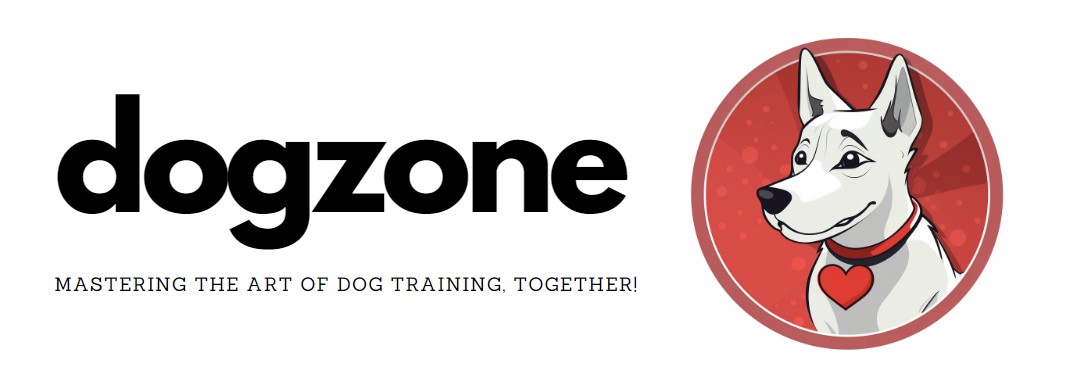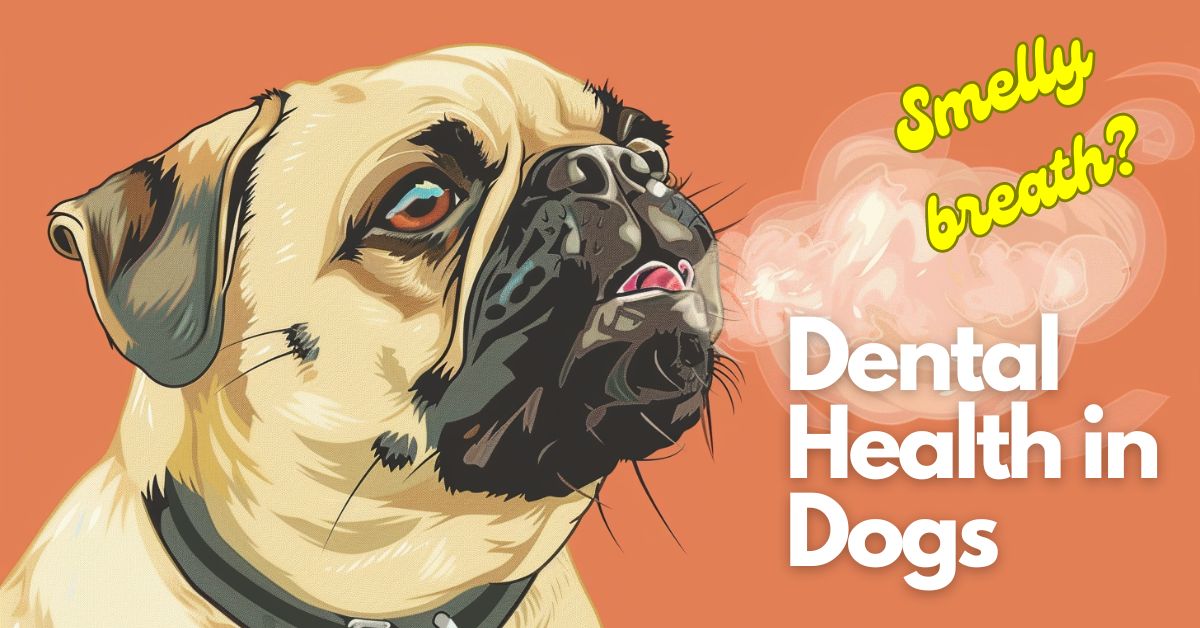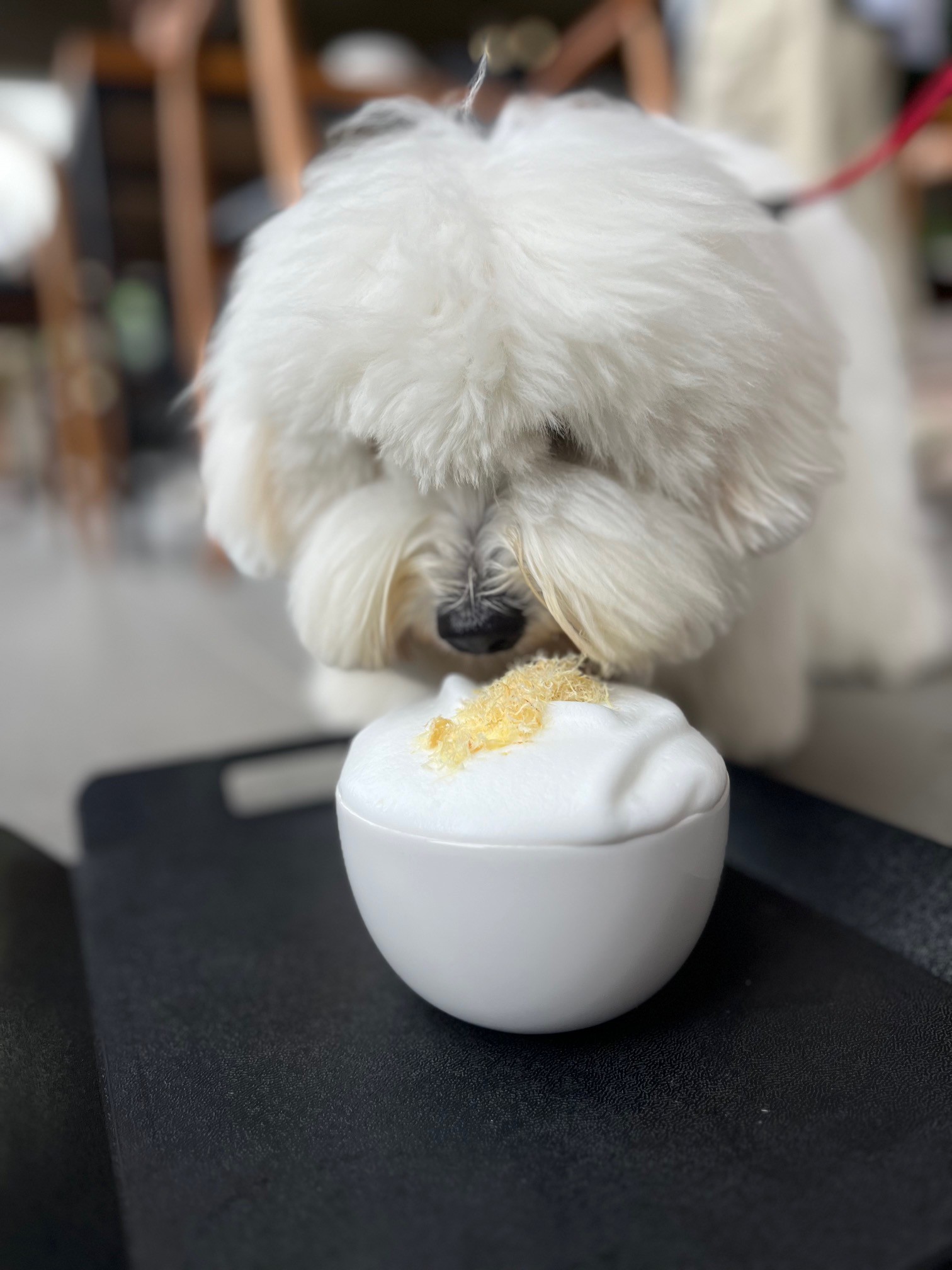Ok I’m going to pop my Veterinarian hat on for a minute here and say….dental disease! Aaargh! It’s a major issue for dogs and cats alike, and it has serious implications!
Why you should be concerned about dental disease
So many pets have terrible dental health. More so now than ever.
The problem with this is two fold:
1. It hurts, and
2. Dental infections are a major source of illness in the rest of the body.
Bacteria from infected gums, with their very good blood supply, get into the circulation and lodge in kidneys, on heart valves and other places and contribute significantly to poor health.
Why you may not know your pet is suffering dental pain
I have noticed many people don’t believe their pet has dental discomfort because they aren’t showing signs of it.
That’s why we refer to it as silent pain. Far too often we don’t realise our pets are suffering pain and discomfort.
You’ve heard of doggy breath haven’t you? A clear indicator of dental disease…
Do you know if your pets are in pain?
It’s never too late to address dental health
From working with veterinarians, it is clear many of these pets change their eating behaviour after a dental procedure to correct the problems. Sometimes this involved tooth extraction, which is usually your best option if teeth are rotting – you’ll be surprised how quickly our pets can adapt, and their gums can be strong enough to gnaw bones.
So what is happening is that gradually worsening discomfort led to gradual changes to adapt what they eat and how they eat it so as to minimise their pain. And many pet owners don’t pick up on these changes. Or if they do, they think it’s due to ageing, or changing tastes and preferences.
The poor dog or cat is sometimes left for years with chronic toothache!
Why is the food you feed vital for preventing dental disease?
I find diet is the most overlooked aspect of poor dental health in our pets. But why?
If your dog has tartar, or has suffered dental disease, you may wonder what you can do about it other than expensive medications and regular tooth cleaning at the vet?
Diet is often your answer. Your dog’s dental health is tied in with their diet and what they eat.
Put simply, whether you feed you dog kibble, canned, wet, air-dried, freeze-dried, raw, or BARF, you’re not catering for optimal dental health.
Why?
Because you’re not giving your dog a natural way to clean their teeth. In the wild, a dog would keep their teeth clean chewing and gnawing on meat and bones. The same for your cat, or wild carnivores like lions, tigers, and the thousands of other mammals who keep their teeth clean devouring prey.
That makes raw meaty bones your most natural option for keeping your dog’s teeth clean, or helping them get back on track after dental issues.
Brushing is another option. It may be tricky – more so for cats – but routine brushing every day can help keep your pet’s teeth clean.
Don’t ever use human toothpaste. Some brands use artificial sweeteners which are deadly to dogs. Dog and cat toothpastes may be more appropriate, but sadly mostly aren’t.
It’s worth adding bones come with significant risks. They’re not recommended by the Australian Veterinary Association, but there’s a lot of debate as to why. I feed raw meaty bones and have done for decades, as have many other pet owners worldwide.
Bones have to be eaten raw.
Yes, you can argue this comes with concerns of food hygiene and microbiology, but this is also widely debated. Dogs can suffer food poisoning at times, such as from raw chicken, but usually there’s another immune system problem which has weakened them against bacteria.
Bones can cause diarrhea, or constipation. They can get stuck in throats, across roofs of mouths and in between teeth. They can break teeth, especially if the bone has been cut in any way. They can also trigger pancreatitis attacks if a fatty bone marrow cavity is accessed.
All these are valid concerns, but if you follow any raw feeding communities you will find these issues may not be as worrying as you may think, especially if you use common sense and only feed appropriate raw meaty bones.
Mouth washes rinses and water additives are another class of products. There is very little evidence for efficacy for any of these, and I am super skeptical! I don’t think you really can’t trust them to keep your dogs teeth clean.
Dental treats are another form of tooth cleaning I’m very skeptical over. Most of the time, if you read the ingredients, it’s clear the only aspect of the treat which is alleged to clean teeth is the shape and texture. Yep, not the ingredients, which are often dubious to say the least.
Some dental treats are shaped specifically to increase the scraping cleaning action as each piece is bitten. Others alter the pH of the saliva slightly to discourage tartar deposition. The question I often ask is why would we clean our pet’s teeth with food?
Wouldn’t it be ridiculous if we cleaned our teeth with food?
How to brush your dog’s teeth
So ..back to brushing. You can use a small child’s toothbrush with soft bristles. Or you can buy a silicone “finger puppet” style one that you slip on your finger and has bristles on the end. The main instructions I give people are (1) to start gradually and (2) to tie it to a positive daily routine.
Starting gradually means that if your pet is not accustomed to teeth brushing, you should not try to pin them down and do a good thorough scrub. You should work for at least 2-4 weeks on them becoming accustomed to you looking at their teeth by gently sliding their lips up and down, back and forth, and introducing the toothbrush and paste very briefly. Only once they are comfortable with that can you progress.
Routine is important.
It works best if it becomes part of something else that they already do daily, and that they enjoy. Going for a walk – you could do a quick brush before you walk them each day. Or having a meal. They sit and get a quick teeth brush while their food is waiting in the bowl on the ground beside them. The minute you’re done, it’s meal time. Or maybe they sit on your lap to watch a certain TV show each evening. They get a quick tooth brush just before hop get up and settle in. Most of the time, our pets grow to love the attention.
Good parents wouldn’t dream of leaving their children’s teeth uncared for, and our dogs are very similar.
How are your dogs teeth looking and smelling at the moment?
If they’re not ideal, it is definitely worth talking to your Veterinarian about what they need to ensure they are healthy and pain free!



Leave a Reply